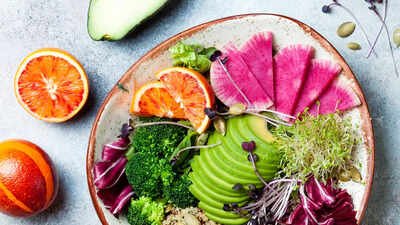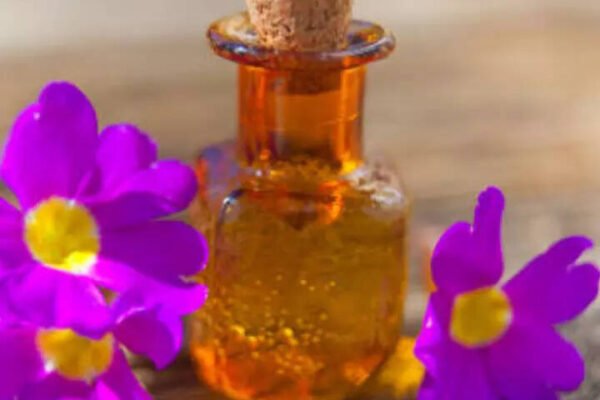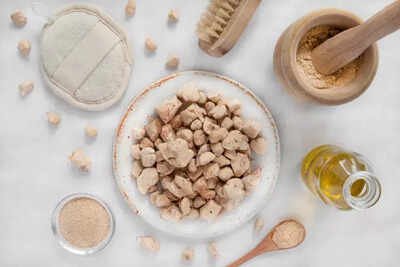
7 common habits that damage the kidneys |
Globally, millions face kidney disease, often due to common habits. Overusing painkillers, excessive salt and sugar, and insufficient water intake can harm kidneys. Lack of sleep, smoking, and alcohol consumption also contribute to kidney damage by affecting blood pressure, hydration, and overall kidney function. Awareness and moderation are crucial for kidney health. Keeping the kidneys…











